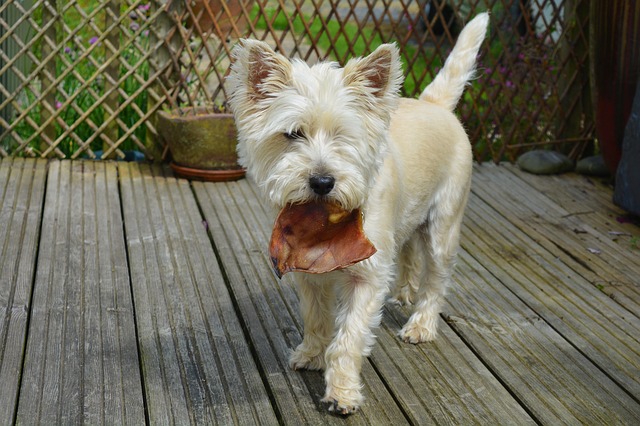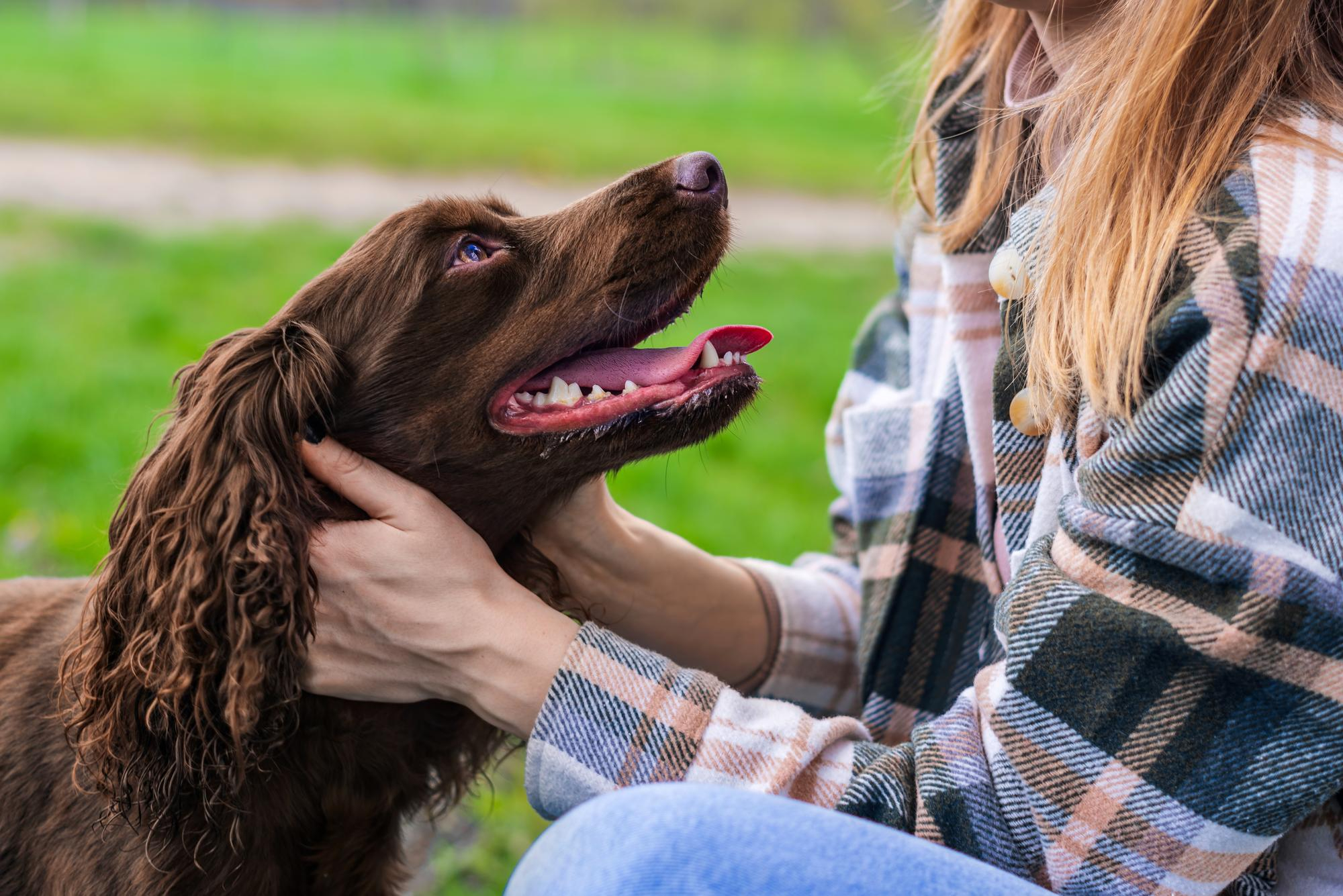Back in the day, pets were fed what we ate. With changing times, research, and an increase in the number of feeding options and opinions for pets, nowadays our pets eat what we believe in, more and more.
The common feeding practices that I currently recommend in practice include kibble food, canned diets, and balanced home-cooked diets.
There is this recent fad of feeding raw diets to dogs. The idea of ‘raw’ may sound similar to the push towards going green, organic foods, spending time out in the sun, being closer to nature, etc. But are raw diets for pets really the answer to making them healthier for the long term?
Raw diets have become popular mainly due to anecdotal reports on the Internet and from some pet owner hearsay that dogs feel and look better on them. While I am always happy to hear about or see a happy and good looking pet, it is important to keep in mind the long-term health of each and every individual pet.
Proponents of raw feeding for pets like to believe that they are feeding their dogs what they would eat in the wild. But Shadow or Bella are not living in the wild anymore, are they? They share our beds with us, lick our faces, and spend time with our newborn kids whose immune systems may just be kicking in. And they live to be 12-15 years more often than they did 20 years back (when they still were not living in the wild). Feral dogs, in comparison, tend to live much shorter lives.
The position of the Canadian Veterinary Medical Association (CVMA) and the Public Health Agency of Canada (PHAC) is quite reflective of why raw diets are not recommended for pets. The CVMA website states that “there is evidence of potential health risks for pets fed raw meat based diets and for humans in contact with such pets”. These hazards include bacteria like Salmonella in raw meat, which may persist in the dogs’ immediate environment (our homes), potential for zoonotic infections to in-contact humans, and potential gastric obstructions from undigested bone or broken teeth. An unbalanced diet may damage long-term health of dogs if given for an extended period.
Recently, the American Animal Hospital Association (AAHA) has joined the American Veterinary Medical Association (AVMA) in taking a stand against raw food diets for pets as well. The reason for such distinguished associations taking this stance on the issue of pet foods is the lack of documented scientific evidence in favour of feeding raw and its perceived benefits.
There is also the concern of lack of regulations for raw pet food manufacturers. As things stand, anyone can just start a raw company out of their kitchen (or garage), and that is a worrisome sign.
In practice, I like to take the time and effort to educate pet owners regarding healthy feeding practices for pets, as educated pet owners make better decisions. I prefer to feed pets balanced diets (which may include home-cooked meals, under a veterinarian’s supervision) as opposed to a diet that has no scientific evidence of benefits over other options.
Our homes and veterinary clinics may not be the best place to start a “research project” to evaluate how a dog would do on an unproven diet. Remember, the popular choice may not always be the right choice.
By Dr. Bajwa,
Hastings Veterinary Hospital, Burnaby.






